Dinner with Excess Will Save Us
Interview with Morgane Dziuria-Petit, director of Excess Will Save Us
Why were you interested in filming these inhabitants?
I’ve known Villereau since I was a little girl. Part of my family lives there and I’ve always thought of the village as being full of madness and very cinematic sets. One day, my father called to tell me that there was an attack in the village. Since I was living in Sweden, I couldn’t simply turn on the tv to verify what he said. I immediately asked him to tell me more. He read me the article on the front page of the newspaper, which would become the synopsis of the film: “In Villereau, a village of five square kilometers in the north of France, a terrorist alert was set off as a result of the villagers’ hysteria. After investigating the matter, the police and army discovered that what they thought was a terrorist attack was actually the result of two overlapping events, the beginning of the hunting season and an argument between two drunken Polish workers. The villagers thought they recognized the words ‘Allah Akbar’ in the foreign language that they could not understand.” I laughed a lot at the story, but it also made me stop and think, which led me to want to make Excess Will Save Us. Actually, the attack alert that occurred in Villereau is only one of many examples of the type of madness and excess everywhere in the village that I find very inspiring. I think there are many of us who’ve known people in our childhood who tended to overreact. Returning to the village as a filmmaker had a very refreshing side because the inhabitants surprised me every day.
And what about the fact of filming them within the rural context of the village, even in their homes? How much of the film is staged?
It was very important to me to film in homes as they reveal what the inhabitants are. Take the woman in the pink bedroom for example. Her fear of the outside was visible as much by what she said as by the room itself. Filming in those places also helped us discover astonishing things, like the old man’s farm that operates as a café where people come and go, sharing their stories, not even knocking on the door. We didn’t have to wait long for someone completely unexpected to turn up. So the farm’s kitchen became a very important place simply because it was where people got together. Filming in people’s houses also means being able to show the source of their fears since BFMTV and other news channels were on almost the whole day. There’s necessarily an element of staging. When I talked to my cinematographer or my editor, I didn’t say things any differently than if we were making a fictional film. We had two principle models for the images, Roy Andersson, with the idea of making a comedy composed entirely of wide shots, and Andrew Wyeth’s paintings, which evoke the deserted countryside. When we worked alone interviewing a single person, I could put the people where I wanted, but I couldn’t control their way of moving or answering me. I didn’t have the same freedom in the group scenes, so camera placement became trickier. Sometimes it was also a small direction that changed a scene’s whole effect. For example, in one of the scenes, I asked the teenager in the film never to turn her eyes from the camera and let the other inhabitants do what they wanted. That direction reinforced the effect of the teenager’s isolation which works with the rest of what she shares during the film.
Why didn’t you have the woman who made the emergency call that set off the false alarm give her account? Sometimes the inhabitants’ fear prevented them from speaking. Some of them thought there might be repercussions. But I never felt that was a problem since all the people who agreed to participated already represented very interesting and different figures of fear. Also, I really like the idea of seeing some inhabitants narrate their surprise, and sometimes their delight, at what had happened in their village. I like working on the idea of people who tell a story that seems so absurd that we wonder whether it really happened. That adds a level of strangeness to the village, and the event almost becomes a legend.
What interested you about the fear the inhabitants felt and their anxiety with respect to crime that they feel more now than they did ten years ago?
First of all, there’s my own paranoia that has developed since the attacks in France and that brings me closer to those inhabitants. When my father called me to tell me what had happened in the village, it was the first time I was able to laugh about that type of fear. So I wanted to make this story a comedy that leaves us saddened in order to mix my own two feelings about all that. It would be great if this film made viewers want to open up to the strangeness and melancholy they have within themselves. I want them to question their own fears and judgements.
Have you discovered any advantages that the short film form provides?
I think the format allows you to be less afraid of having a very marked and original form. For example, in the case of Excess, that meant choosing to film almost exclusively fairly wide, fixed shots, and also introducing a character at the beginning of the film and then not showing them again until the end.
Excess Will Save Us is part of Lab Competition L1.










